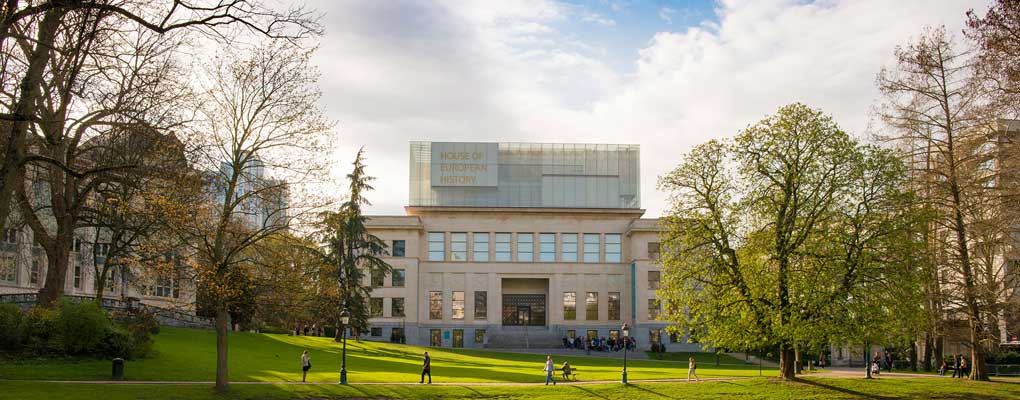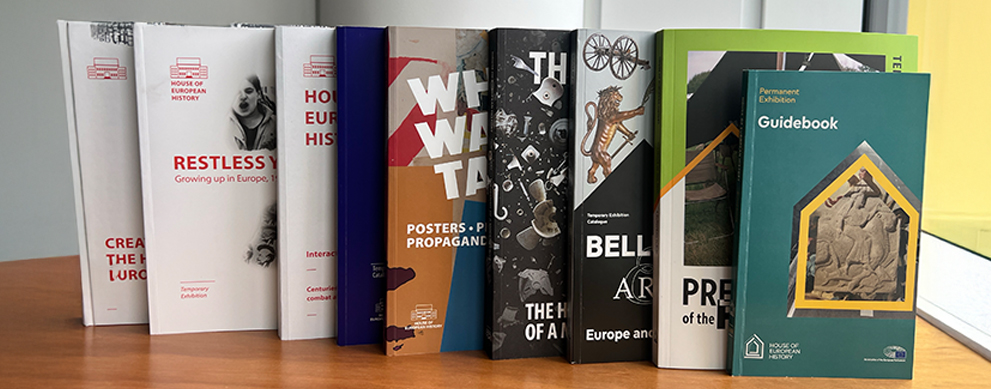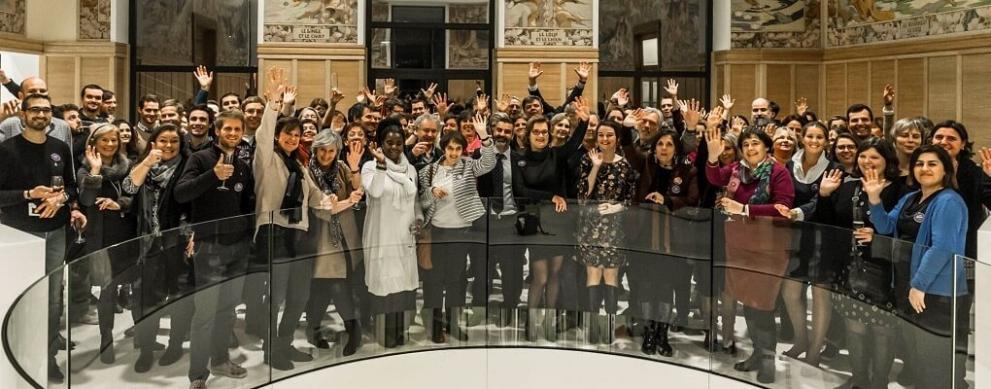
News
What's happening at the museum?

Publications
Discover insights into the museum's projects and our contributions to academic debate.

Outreach
The House of European History is a museum for everyone, be they from Brussels or Budapest, Ghent or Gdańsk.
